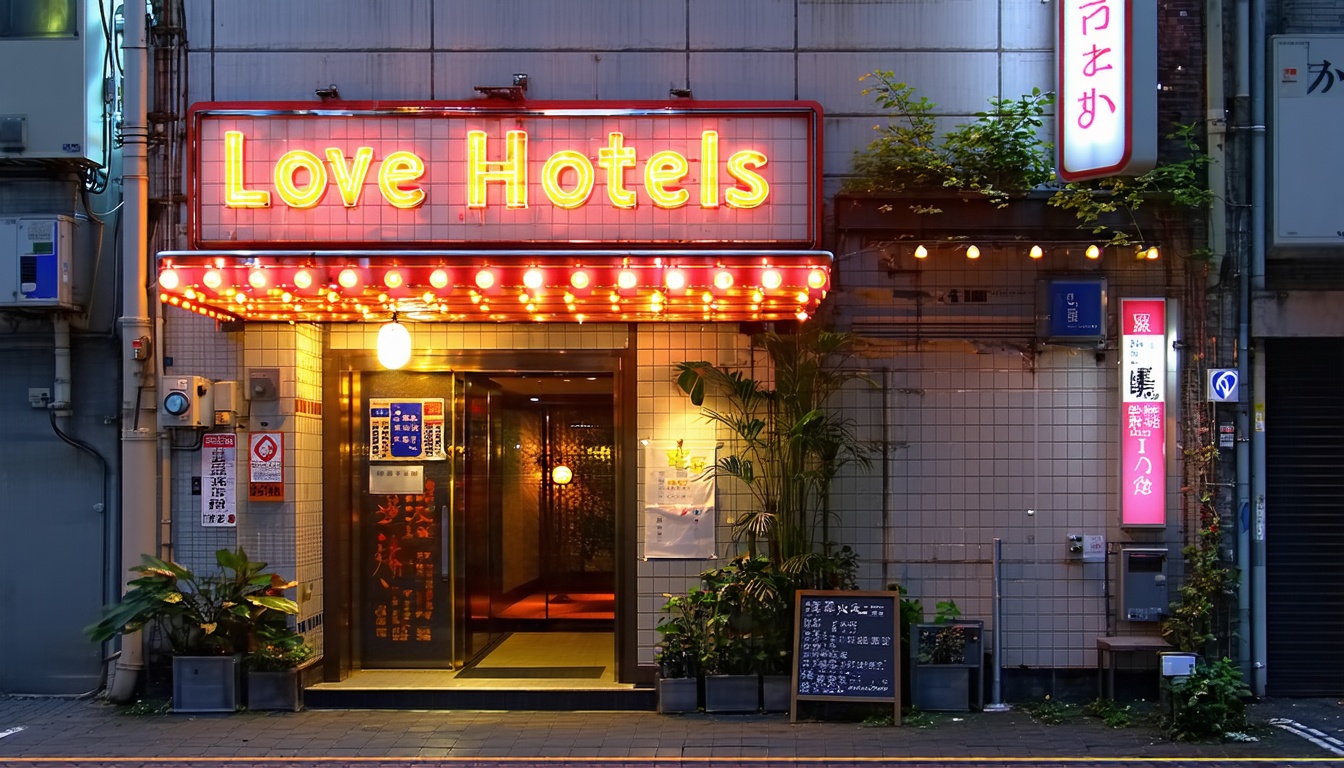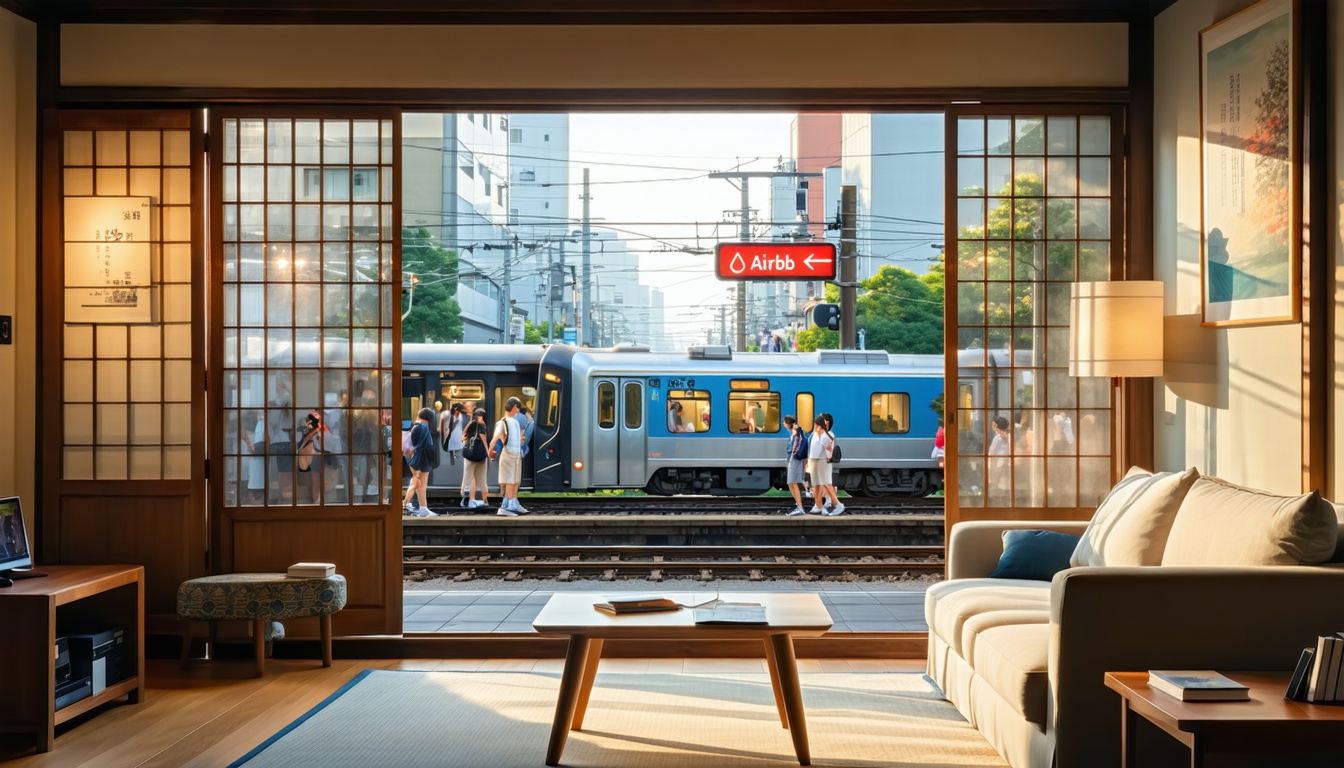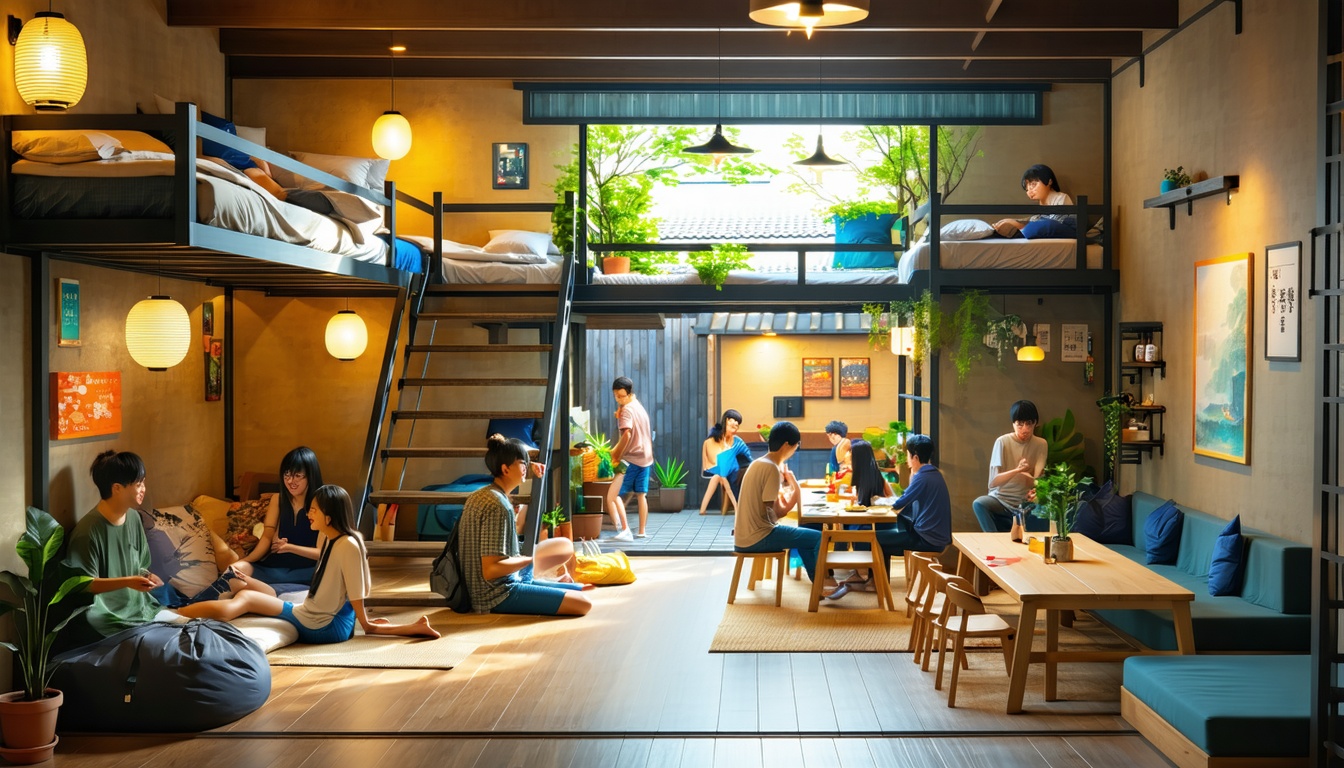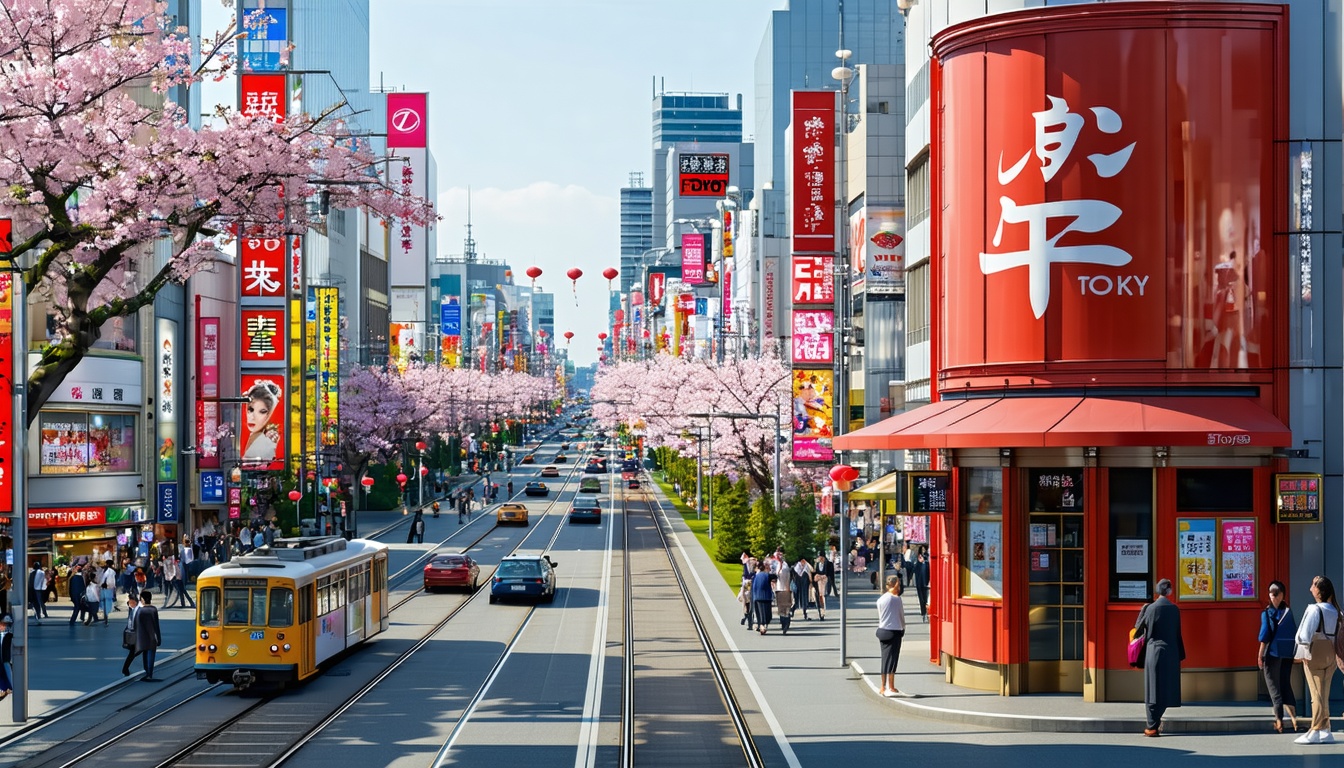Love Hotels Tokyo Explained: Your Ticket to Convenience

Origins of love hotels
Picture this, you land in Tokyo after a long haul flight and need a quick spot near Shinjuku station to freshen up. Love hotels Tokyo explained is your ticket to convenience near major train stations. These unique inns sprang from practical needs back in the postwar era.
Postwar privacy needs
In multigenerational homes, young couples often lacked private space. To answer this, simple inns offered hourly rates and discrete check-ins. By the 1960s, motels with car access adopted a similar model, spreading the concept nationwide.
Economic boom and design flair
During Japan’s boom in the 1970s and 80s, romance hotels shifted from plain teahouses to themed escapes. Neon-lit facades and rooms styled like castles or UFOs became the norm (Metropolis Japan). Despite regulations in the 1980s and 2010 law updates, these spots kept evolving, balancing privacy with playful design.
Why pick love hotels
Wondering what makes these inns worth your stay? Beyond the quirky themes, you’ll find perks tailored for your comfort and schedule.
-
Flexible check-in: Rest (kyūkei) stays range from one to three hours, while overnight plans start after 10 PM (Wikipedia).
-
Station proximity: Many are clustered near Shinjuku, Ueno, Ikebukuro, and Kinshichō so you can drop your bags and dash to your next stop.
-
Privacy first: Automated entry, labyrinthine hallways, and off-street entrances keep encounters with other guests to a minimum.
-
Budget friendly: Off-peak day rates can be as low as ¥3,000, and average overnight stays hover around ¥10,000 per room (Japan Travel).
-
Unexpected uses: From girls’ night out parties to photoshoots, these rooms double as quirky event venues (MATCHA).
Key amenities and themes
Love hotels go beyond your typical room. Here’s a snapshot of what you might find:
Amenity Description
Jacuzzis and spa tubs Ideal after a long day exploring Tokyo
Karaoke machines Belt out your favorite tunes on demand
Themed decor From medieval castles to starry-sky ceilings
Massage chairs Quick relaxation without leaving your room
Amusement-style gear Slides, swings, even climbing walls
Complimentary toiletries Condoms, face lotion, hair ties
You’ll also spot rotating beds, ceiling mirrors, and disco lighting in higher-end spots. Many hotels offer free Wi-Fi and phone chargers—check our tokyo hotel amenities guide for more ideas.
Finding hotels by district
Love hotels tend to cluster in designated areas governed by local zoning. Here’s where to look:
District Station Vibe
Kabukicho Shinjuku Nightlife hub, hundreds of options
Ueno/Uguisudani Ueno, Uguisudani Quieter, mix of budget to luxe
Ikebukuro Ikebukuro Youthful, anime-themed rooms
Kinshichō Kinshichō Residential feel, fewer crowds
Shibuya Shibuya Trendy, celebrity-style designs
If you want to branch out, our best areas stay tokyo guide covers other neighborhoods too. For station-side hostels or business hotels, check backpacker hostels tokyo and business hotels tokyo stations.
Booking and payment process
Love hotels blend old-school spontaneity with modern convenience. Here’s how you score a room:
Walk-in vs reservation
Most hotels don’t take advance bookings, so you’ll pick from the digital board at the entrance. A few chains allow same-day online reservations.
Automated check-in
Touchscreen terminals guide you through room selection, stay type, and payment. No awkward front-desk chat required.
Payment methods
Cash, credit card—even prepaid IC transit cards are accepted in many spots. To guard your privacy, some hotels bill under a generic business name (Japan Travel).
Pricing breakdown and deals
Understanding rates helps you snag the best value. Rates depend on time, day of week, and room style.
Stay type Typical hours Price range
Rest (kyūkei) 1–3 hours ¥3,000–¥8,000
Daytime stay 6–12 hours ¥5,000–¥12,000
Overnight stay After 22:00, until 10:00 ¥8,000–¥30,000
Tips for savings:
-
Visit on weekdays—occupancy dips to around 40 percent midweek (Savvy Tokyo).
-
Look for off-peak discounts, often displayed on roadside neon signs.
-
Some chains offer loyalty cards with perks like free nights or gift vouchers.
For a broader budget comparison, explore our tokyo hotel price comparison.
Privacy and etiquette tips
These hotels prioritize discretion, so a few unspoken rules apply.
-
Respect silent zones: Keep noise low when in hallways or near room entrances.
-
Mind the labyrinth: Follow hidden corridors to avoid running into other guests.
-
No photos in public areas: It’s a privacy breach to snap pictures of the exterior lobby.
-
Age restrictions apply: Most welcome only mixed-gender couples over 18.
-
Leaving forfeits your rate: If you check out mid-stay, you lose your reservation slot.
Curious about general rules at Japanese hotels? Peek our tokyo hotel etiquette rules.
Alternatives to love hotels
Love hotels aren’t your only option. If you’re after station access and budget rates, check these out:
-
Budget hostels tokyo stations for dorm-style savings
-
Capsule hotels tokyo experience for a futuristic nap pod
-
Business hotels tokyo stations for compact rooms with all basics
-
Ryokan traditional inns tokyo for tatami mats and onsen vibes
-
Luxury hotels tokyo stations if you want premium convenience
For a full breakdown of lodging types, see tokyo accommodation types.
Frequently asked questions
1. What is a love hotel? A short-stay inn designed for privacy, offering “rest” (hourly) or overnight rates, plus themed rooms and enhanced amenities.
2. Can I reserve a love hotel in advance? Most operate on a first-come, first-served model, but a few chains now offer same-day online booking.
3. Are minors allowed to stay? No. By law, love hotels refuse guests under 18 for both privacy and legal reasons.
4. How much does a typical stay cost? Rest stays range from ¥3,000 to ¥8,000, and overnight rates start around ¥8,000, averaging ¥10,000 per night.
5. Are love hotels safe for solo travelers? They’re designed for couples, but solo stays aren’t impossible. Check policies in advance and stick to hotels welcoming single guests.
Now that you know how love hotels Tokyo explained works, you’re ready to pick the perfect spot. Whether you need a quick rest between trains or a themed hideaway for a night, these inns deliver unbeatable privacy and convenience. Enjoy your stay!


